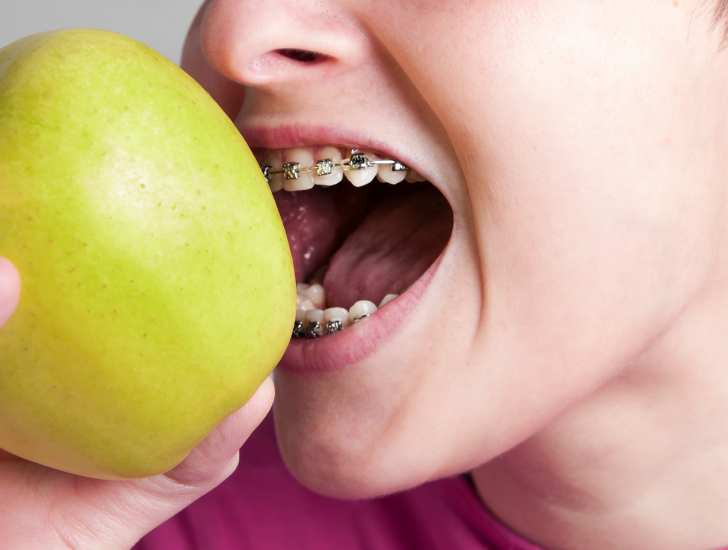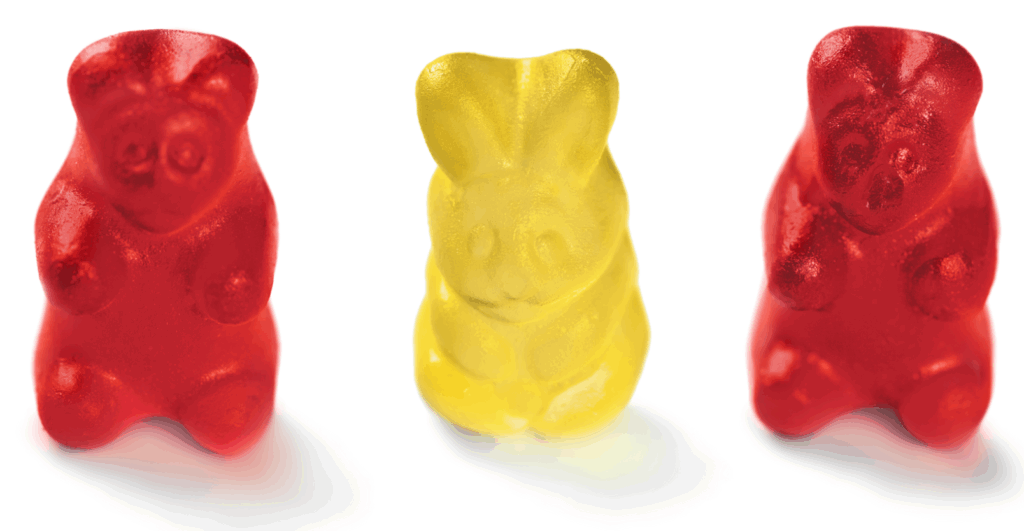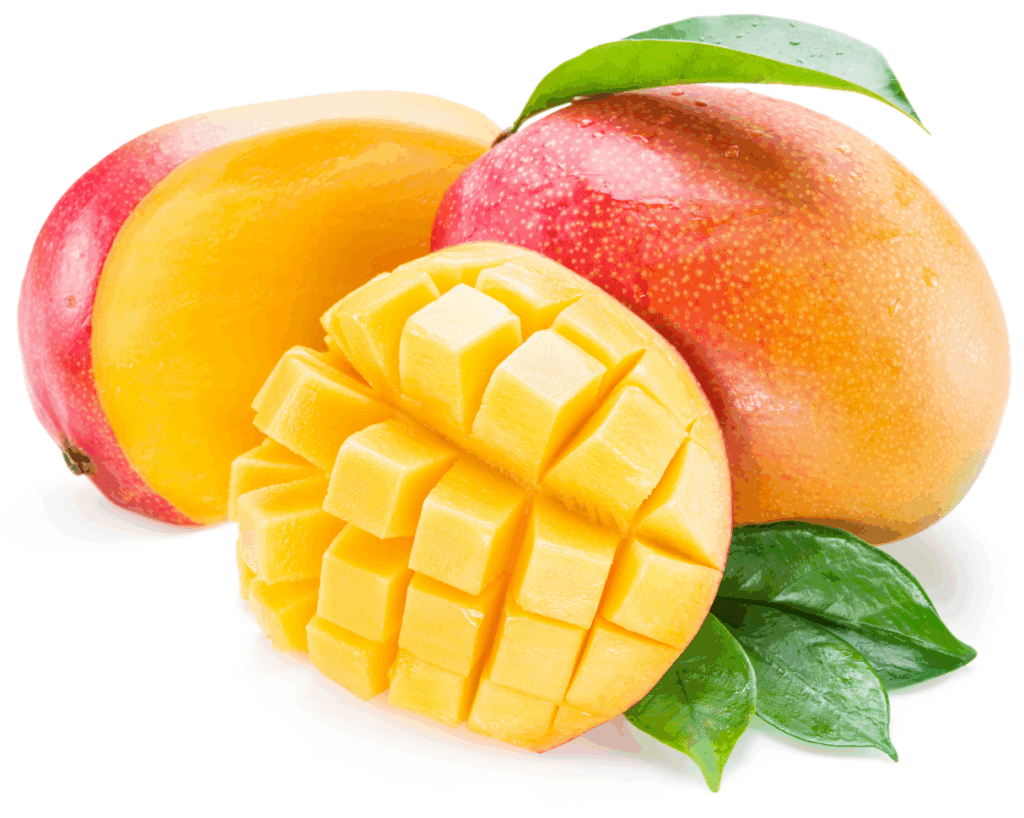When you get braces, there’s a lot to adjust to—new routines, a different way of brushing, and of course, new food restrictions. One of the most important things to keep in mind during your orthodontic treatment is to avoid certain foods that could damage your braces or interfere with your treatment. Not following these guidelines can lead to broken brackets, loose wires, and even a delay in achieving the smile you’ve been working towards.
In this blog post, we’ll guide you through which foods you should avoid while wearing braces and how to maintain a braces-friendly diet.
Why Food Matters with Braces
Braces work by applying consistent pressure to your teeth over time to move them into their proper positions. But in order for this process to go smoothly, you need to ensure that your braces stay intact and functional throughout the treatment period. Certain foods can cause damage to your braces or hinder the movement of your teeth, so it’s important to make smart food choices during your treatment.
Additionally, some foods can get trapped in your braces, making it harder to clean your teeth properly. This can lead to plaque buildup, cavities, or gum issues, which can extend your treatment time.
Hard Foods to Avoid
Hard foods can put excess pressure on your braces and cause them to break or loosen. Here are some hard foods that you should avoid:
- Nuts and Seeds
While nuts and seeds are healthy, they can be tough on your braces. Crunching down on hard nuts or seeds can damage the brackets or wires of your braces. If you absolutely want to eat nuts, make sure to chop them up into small, bite-sized pieces or avoid them altogether during your treatment. - Hard Candy
Hard candy is notorious for causing damage to braces. The act of biting down on hard candy can easily break brackets or bend wires. Moreover, sugary candies can contribute to plaque buildup and cavities if not cleaned properly. - Ice Cubes
Though some people like chewing on ice cubes, this is a big no-no when wearing braces. Ice can be incredibly hard on both your teeth and your braces, possibly leading to broken brackets or wire damage. It’s best to avoid chewing on ice altogether. - Caramel or Taffy
Sticky candies like caramel, taffy, or toffee can not only get stuck in your braces but can also pull off brackets or loosen wires. The sticky consistency makes it harder to clean your teeth properly, leading to potential issues with cavities or plaque buildup.
Foods That Are Too Chewy
Chewy foods can be difficult to bite into when you have braces, and they can cause discomfort or damage. The following foods are best avoided or consumed with caution:
- Gum
Chewing gum can be challenging with braces, as it can get stuck to the brackets or wires, which makes it difficult to clean. Additionally, gum can get caught in hard-to-reach spots, increasing the likelihood of plaque buildup. - Chewy Bread or Bagels
Chewy breads, bagels, and pizza crusts can be hard to bite through with braces, and this puts extra pressure on the brackets. If you do eat these types of foods, try to cut them into smaller pieces to reduce the strain on your braces. - Chewy Candy
Chewy candy like licorice, gummy bears, or fruit snacks can cause similar issues as sticky candy. These can get stuck in the brackets and wires, creating difficulty in cleaning and increasing the risk of plaque buildup. They may also pull on the wires or brackets, potentially causing damage.
Foods That Can Cause Staining
While braces are meant to straighten your teeth, certain foods can contribute to staining or discoloration, especially on the areas of the teeth that are covered by the brackets. To keep your smile as bright as possible during treatment, avoid:
- Coffee or Tea
Both coffee and tea are known for staining teeth over time. If you do drink these beverages, try to rinse your mouth with water afterward and use a straw to reduce contact with your teeth. - Curry or Tomato Sauces
Curry and tomato-based sauces are delicious, but they can stain both your teeth and the brackets of your braces. Be cautious when eating these foods and be sure to rinse your mouth afterward to minimize staining. - Dark Berries
While blueberries, blackberries, and pomegranates are packed with nutrients, they can also stain your teeth. It’s best to enjoy these fruits in moderation while wearing braces and rinse your mouth thoroughly afterward. Also beware of dried fruits that are sticky and chewy.
Foods That Are Too Hard to Bite Into
Certain foods that require a lot of force to bite into can put unnecessary strain on your braces. These foods can damage your wires or brackets, which could lead to delays in your treatment. Here are some foods to avoid:
- Corn on the Cob
Biting directly into corn on the cob can be tough on your braces. The action of biting down too hard on a tough piece of corn can cause your brackets to come loose. Instead, try cutting the kernels off the cob before eating. - Apples and Carrots
Though these are healthy snacks, biting directly into hard apples or raw carrots can cause damage to your braces. It’s better to slice these fruits and vegetables into smaller pieces to avoid putting too much pressure on your braces. - Hard Pretzels
Hard pretzels can be a tough and crunchy snack, which can damage both your teeth and your braces. Pretzel sticks tend to work better than thick twists or traditional pretzels.
Braces-Friendly Foods to Enjoy
While there are plenty of foods to avoid, don’t worry! There are also many braces-friendly foods you can enjoy without any issues. Here are some great options:
- Soft fruits like bananas, berries, melon, kiwi, mango
- Soft vegetables such as steamed broccoli, spinach, and peas
- Pasta and noodles
- Soft cheeses like mozzarella, ricotta, cottage cheese, and cheese slices
- Yogurt and pudding (smooth, with no granola or nuts)
- Mashed potatoes and rice
- Smooth soups and stews
Tips for Eating with Braces
- Cut food into small pieces: This will make it easier to chew and reduce the risk of damaging your braces.
- Be mindful of temperature: Extremely hot or cold foods and beverages can cause discomfort for sensitive teeth when you have braces. Let them cool down or warm up before eating.
- Rinse your mouth after meals: Even if you can’t brush right away, rinsing your mouth with water will help remove food particles and reduce the buildup of plaque.
Conclusion
While wearing braces, it’s essential to be mindful of what you eat to avoid damaging your braces and to keep your treatment on track. By avoiding hard, sticky, and chewy foods, and choosing braces-friendly options, you’ll be able to enjoy your meals without putting your orthodontic work at risk. Maintaining a healthy diet, combined with good oral hygiene practices, will help ensure that your braces experience goes smoothly and that you achieve the straight smile you desire.
Remember, if you’re ever unsure about whether a food is safe to eat with braces, don’t hesitate to ask your orthodontist for advice. They’re there to guide you through your treatment every step of the way!



